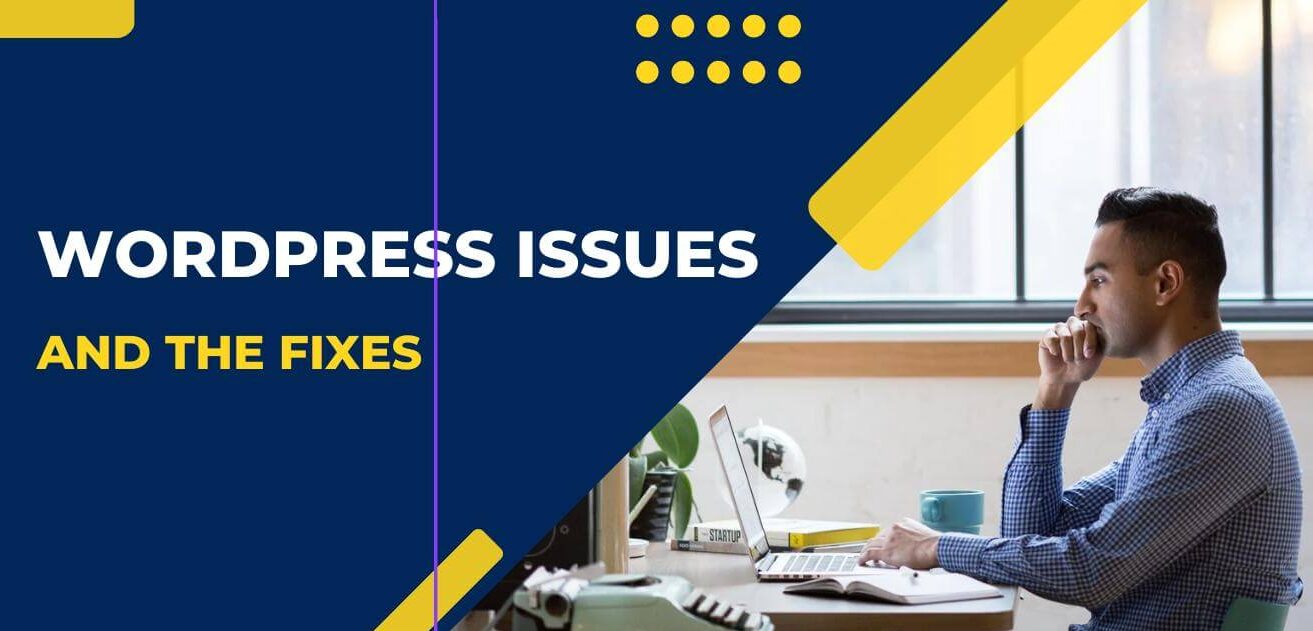In the world of web development, WordPress is a popular platform that powers millions of websites across the globe. It offers a user-friendly interface and a plethora of plugins and themes, making it a favourite choice among developers and site owners alike. However, like any other technology, WordPress development can sometimes present challenges. One such common issue that developers face is the permalink issues while doing local wordpress development. Ok, let’s now jump into the concept of permalinks, explore the challenges they pose in local development environments and provide practical solutions to tackle these issues.
Understanding Permalinks
Permalinks are the permanent URLs that point to specific pages, posts, or custom content on a WordPress website. These URLs are vital for search engine optimization (SEO) and user-friendly navigation. The default permalink structure in WordPress is often not the most desirable, as it consists of query strings and numeric values that are not very descriptive. WordPress offers several options to customize the permalink structure according to your preference.
Common Permalinks Issues in Local WordPress Development
- 404 Page Not Found Errors: When you develop a WordPress website on your local machine, you might encounter 404 Page Not Found errors when attempting to access pages with custom permalinks. This occurs because the local server is not configured to handle the customized permalink structure, leading to a mismatch in URL handling.
- Incorrect URL Rewriting: WordPress uses a technique called URL rewriting to transform human-readable permalinks into server-friendly query strings. In local development environments, the Apache or Nginx server might not have the necessary modules or configurations to support URL rewriting, leading to incorrect or broken URLs.
- Missing .htaccess File: The .htaccess file is crucial for handling URL rewriting in WordPress. In some local development setups, this file might be missing or not configured correctly, resulting in permalink issues.
- Mixed Content Errors: When transitioning from a live server to a local development environment, you may encounter mixed content errors due to different URL structures. This can cause issues with loading CSS, JavaScript, and media files, leading to a broken layout on the local version of the website.
Solutions to Permalinks Issues in Local WordPress Development
- Enabling Mod_Rewrite: If you are using Apache as your local server, ensure that the mod_rewrite module is enabled. You can do this by locating the httpd.conf or apache2.conf file and uncommenting the line that starts with “LoadModule rewrite_module modules/mod_rewrite.so”. After enabling mod_rewrite, restart your server.
- Updating Permalink Settings: In your local WordPress dashboard, navigate to “Settings” > “Permalinks” and select one of the predefined permalink structures. Choose the “Post name” option, which is the most SEO-friendly and does not require any server-side URL rewriting.
- Creating a .htaccess File: If your local WordPress installation lacks a .htaccess file, you can create one manually. Open a text editor, paste the default WordPress .htaccess rules, and save the file as “.htaccess” in the root directory of your WordPress installation.
- Using Relative URLs for Assets: To avoid mixed content errors, use relative URLs for CSS, JavaScript, and media files in your theme. Relative URLs allow the browser to automatically adjust the URL path based on the current page, eliminating the need for explicit domain references.
Closing thoughts
Permalinks issues in local WordPress development can be frustrating, but with the proper understanding and troubleshooting techniques, they can be resolved efficiently. By enabling mod_rewrite, configuring the correct permalink structure, creating a .htaccess file, and using relative URLs, you can ensure a seamless development experience on your local machine. Remember that each local environment might have its unique setup, so always double-check the server configurations and adjust accordingly. By mastering the art of handling permalink in local wordpress development, you will enhance your WordPress development skills and deliver exceptional websites that rank higher in search engine results and provide a delightful user experience. Happy coding!
